THE ART OF ACTING: FILM ACTRESSES & GLOBAL CLASSICS
My reflections on actresses and their most compelling performances in (mostly) classics of global cinema

Isabelle Adjani – The Story of Adèle H. | Possession | Adolphe
ISABELLE ADJANI ACTRESS, PART 4 OF 4: POSSESSION (ANDRZEJ ZULAWSKI, 1981)
Richard Jonathan
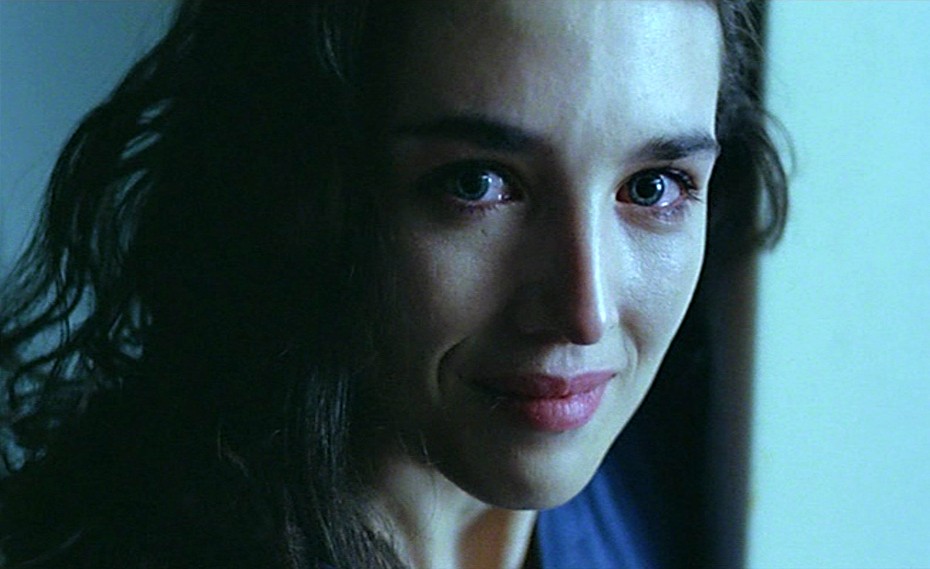
Isbelle Adjani, Possession, Andrzej Zulawski
‘Beauty will be convulsive or will not be’: In Zulawski’s daring hands, Breton’s dogmatic incantation becomes a self-evident truth: Possession’s incandescent beauty partakes of the sublime. It is a film for the happy few, not for the many who take illustrated literature for cinema; it is for those who prefer the brightness of Lucifer to the blandness of angels, the wide-awake state to sleepwalking. It is, for those few, the most ravishing love story in the history of cinema. In it, Zulawski restores to love its vital, transgressive force, its dimension of awe.
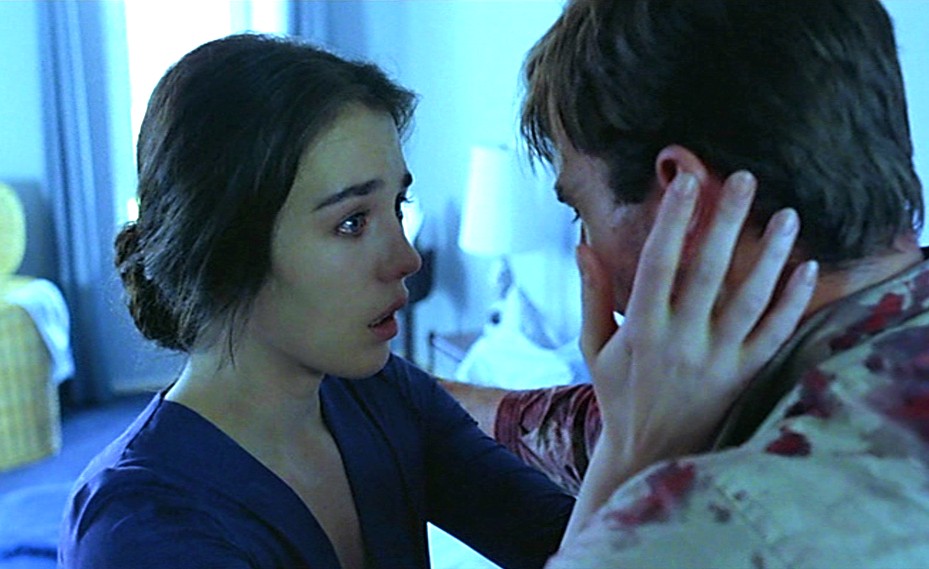
Isbelle Adjani and Sam Neill, Possession, Andrzej Zulawski
As a film about the breakup of a marriage, pain and desolation pervade it: blue—the realm of the surreal, the other side of the looking-glass—is its dominant colour. The colour of truth, blue awakens a hunger for what surpasses nature.
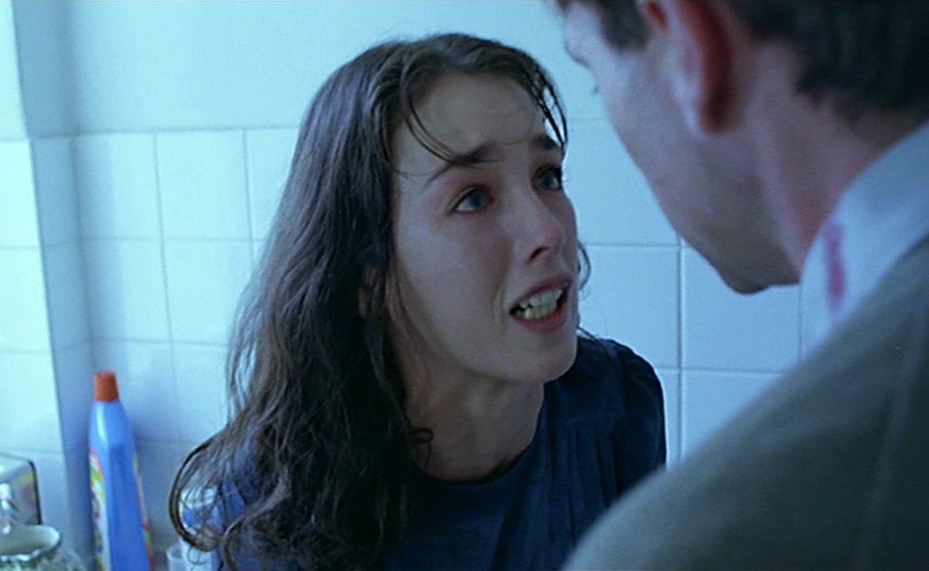
Isbelle Adjani and Sam Neill, Possession, Andrzej Zulawski
Like all great works of art, ethics is at the heart of Possession: with unrelenting courage, the film makes an attempt on the gods. The spiral-staircase scene that closes it, the scene in which the heroine kills herself to join the hero in death, shows the attempt has succeeded (as much as any attempt on the gods can ever succeed—look at the Greeks, look at Shakespeare, look at Beckett’s post-tragic drama). Need I add that without Isabelle Adjani (and Sam Neill), the film could never have succeeded as it has?
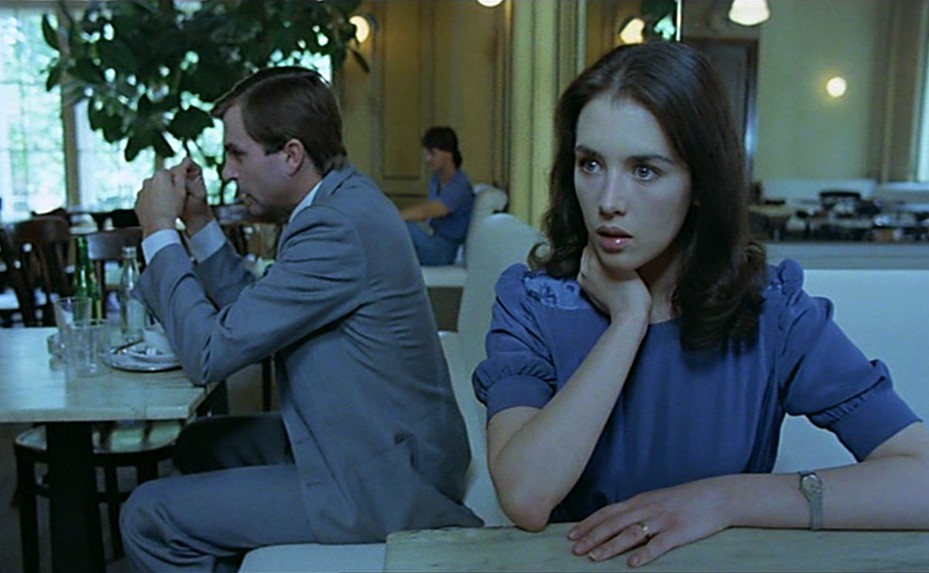
Isbelle Adjani and Sam Neill, Possession, Andrzej Zulawski
What’s the story? Berlin. 1980. Mark (Sam Neill) returns from a secret assignment to find his wife Anna (Isabelle Adjani) in a state of anxious distraction. Turns out she is having an affair and is impatient to get back to her lover. Alone with their six-year-old son in their apartment, Mark tracks the lover down (his name is Heinrich) only to discover that Heinrich, who’d also been away, has not seen Anna since his return. Mark takes a strong dislike to Heinrich; their arguments turn violent.

Heinz Bennent (Heinrich) and Sam Neill (Mark), Possession, Zulawski
Mark then makes it clear to Anna that he wants her back; she, manifestly in the grip of some obsession, can’t come back. As she comes and goes over the following weeks, their disputes attain a fever pitch. Anna is evasive; she won’t say who her lover is or where they are living. In an attempt to discover just what she is up to, Mark hires a detective agency and, in addition, starts cooperating with Heinrich. After a number of twists and turns, they locate Anna’s new apartment. Heinrich visits her first, and is shocked to find she is living with a monster, an octopus-like creature. Anna, in a trance-like state, wounds Heinrich with a knife; he calls Mark from a local bar to come and see what he’s seen.
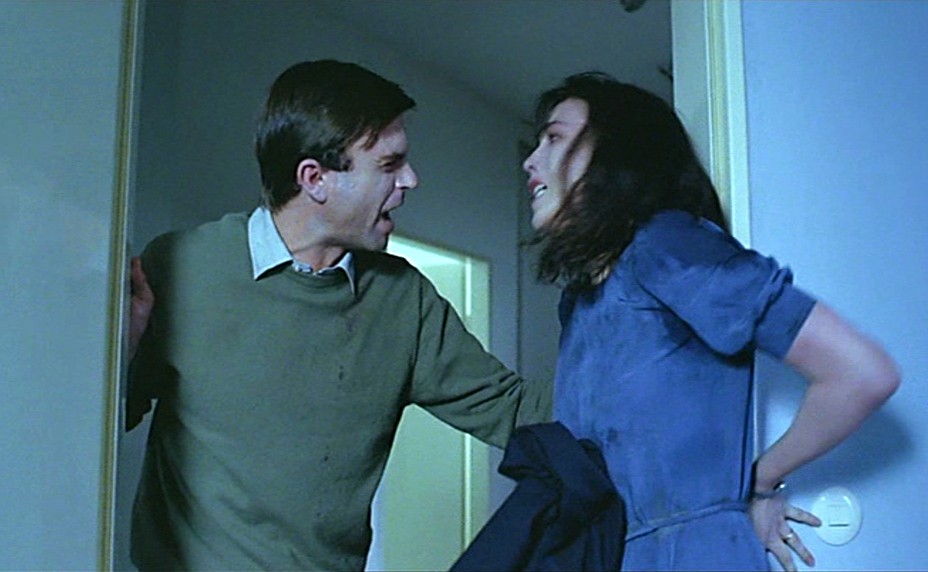
Isbelle Adjani and Sam Neill, Possession, Andrzej Zulawski
Mark discovers the monster, then meets Heinrich in the bar and murders him in the basement toilet. He then returns to Anna’s apartment and sets the kitchen aflame, thereby destroying the evidence in the refrigerator: Anna had killed the detectives who’d tracked her down. He is clearly on her side now, and is doing everything he can to protect her.
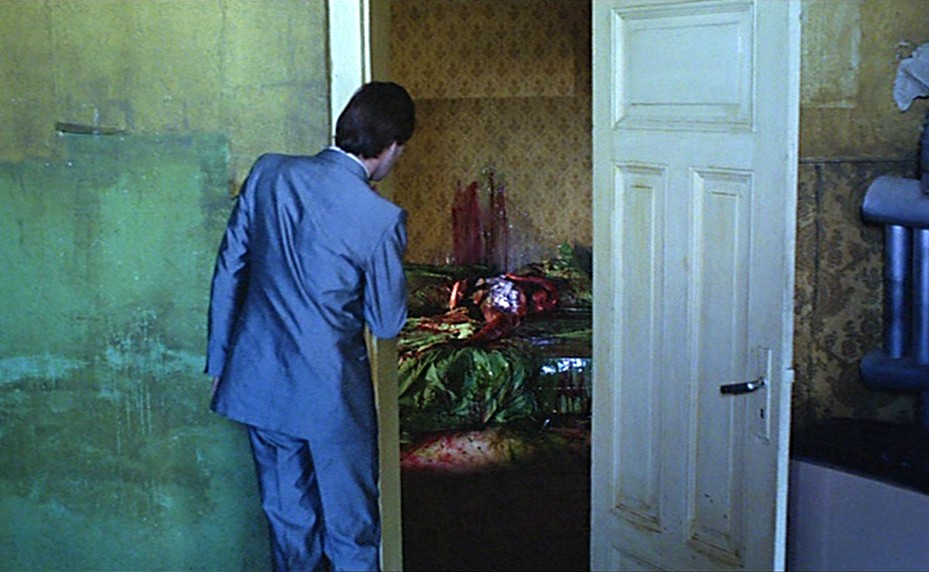
Sam Neill, Possession, Andrzej Zulawski
After more twists and turns, Mark, pursued by the spy network he had worked for, is shot at the top of a spiral staircase. Anne runs to him and, finding him dead, shoots herself. Mark’s doppelgänger (Anna too had a double, Helen) then tries to reach the sky through the roof: he falls to his death in the stairwell.
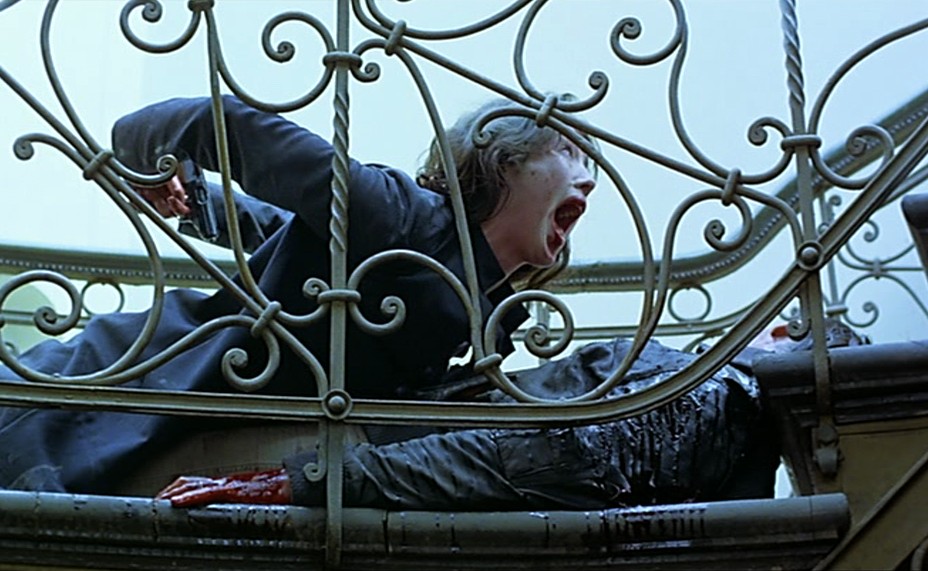
Isbelle Adjani and Sam Neill, Possession, Andrzej Zulawski
If Possession has a certain kinship with the horror film, for Zulawski (as he said in an interview) ‘the real horror is when you have a couple that break up and neither one knows why’. Indeed, this is the heart of the film, the driver of the drama: Anna wants both out of and into her relationship with Mark, while Mark, conventional at first in his response to her, ends up loving her more truly than ever before. Their joint death may be seen as a ‘black’ marriage, the inverse of the wedding-in-white and its promise of living ‘happily ever after’.

The ‘black marriage’ of Anna and Mark, Possession, Andrzej Zulawski
In an earlier Zulawski film, The Devil, there is the line: ‘Deprivation is when you live by other people’s ideals’. This remark captures the kernel of Zulawski’s ethics, and in Mark and Anna’s marriage it plays out as the affirmation of individuality, the refusal of alienation. Indeed, if Possession is a fairy-tale, this is its moral: Happiness is hard to come by, the couple is complex, but if you ‘take the highway to the end of the night’, you just might reach ‘the bright midnight’ (Jim Morrison).

End of the Night | Bright Midnight |Sam Neill, Isabelle Adjani & ‘O’, Possession, Zulawski
And so Mark, in his growing love for Anna, in his effort to get closer to her, adopts her language (blood, fire, action); he goes down into her darkness in order to bring her into the light (like Orpheus for Eurydice). ‘Increase me in bewilderment of you’, says the Sufi mystic, and Mark too seems to have adopted this stance, for his faith in Anna becomes absolute. Increasingly attuned to her, they achieve a closeness they never could in their ‘white’ marriage. Indeed, in the kinetic expression of their emotions all the alternations of fortune that beset any couple resolve themselves. Finally, by choosing the time and manner of their deaths, they steal death’s authority; in an ultimate act of self-affirmation (as Catherine Millot wrote of Mishima) they destroy themselves in order to exist.
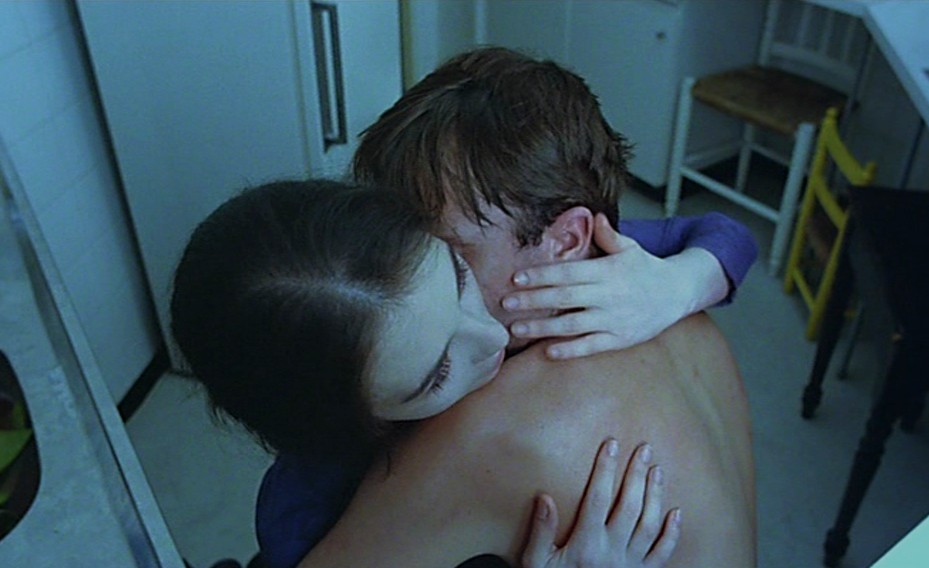
Isbelle Adjani and Sam Neill, Possession, Andrzej Zulawski
Now, you must be wondering, just what is that monster all about? In my mini-essay on Possession, I offer one interpretation. For Zulawski himself, the monster is ‘what I found in the attic’. This is what he had to say in an interview with Film Comment: I was living in Paris and I went to see Ingmar Bergman’s Scenes from a Marriage. It’s a brilliant, extremely well-acted film, but I left the cinema feeling empty. I went out and I said, ‘All right, the analysis is perfect. It’s cold, it’s brilliant, like always. But so what?’ I was walking the streets, I remember it was raining, and I said, ‘Look, the beauty of the stories that we tell our children is that there is always something fantastic at the end, something like: “So they walk along the path and they go into the house… This is the ground floor, this is the kitchen—but what’s in the attic?” And I was thinking, ‘Okay, in my story, what kind of attic does it really have? If I go up the stairs out of the realistic realm and into the fantasy, the science fiction, what is the fairy tale? What is the bad element in the fairy tale?’ So I went into the attic and I found a monster.
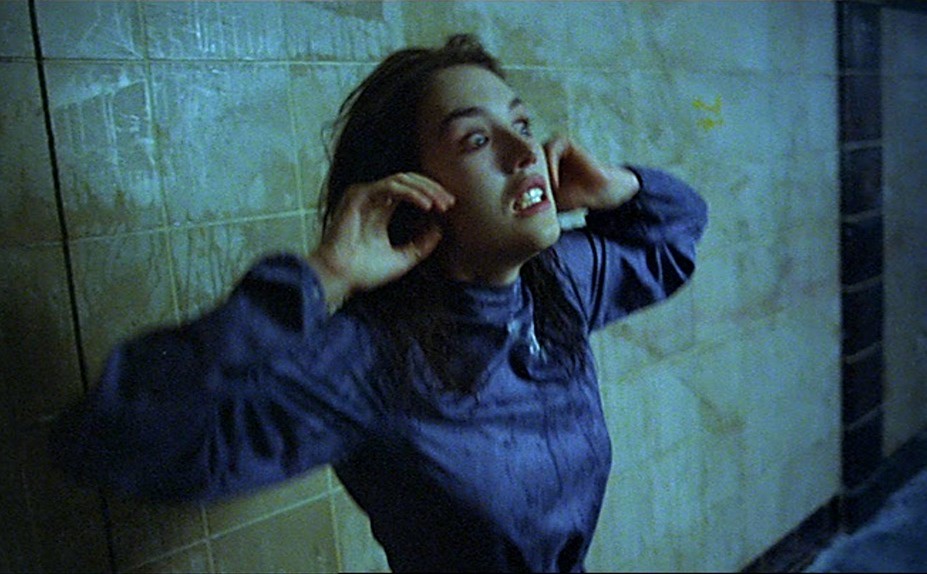
Isbelle Adjani, Possession, Andrzej Zulawski
In his audio commentary on the German edition of the DVD, Zulawski said that ‘the script called for the gooey fluid Adjani gave birth to to be taken home and put in her bathtub, and from there it would take shape into something that evolves into her husband’. In the final scene, Mark’s doppelgänger was to have the same green eyes that Helen, Anna’s double, has. Technical problems and time constraints, however, made this impossible. Zulawski never forgave the cinematographer for not getting Mark’s green eyes right, but regarding the monster, he did accept special effects artist Carlo Rambaldi’s version of the creature.
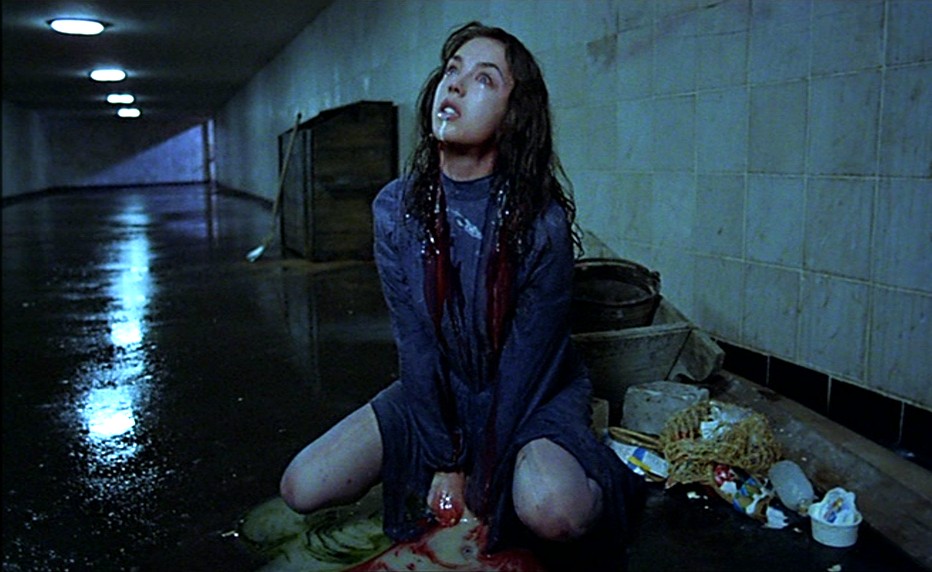
Isbelle Adjani, Possession, Andrzej Zulawski
For me, the monster is Anna’s pharmakon, and she herself secretes it. Pharmakon, you may recall, is at once poison and remedy, and for Anna the monster does indeed play these two roles. Psychoanalysis teaches that every symptom is an attempt at self-cure. In his role as remedy, then, what in Anna is the monster an attempt to cure? All we can say is: ‘some malaise of marriage’. In his role as poison, the monster is the devouring demand, the vampirizing demand—perhaps of sex as a form of self-soothing—to quieten the ‘malaise’.
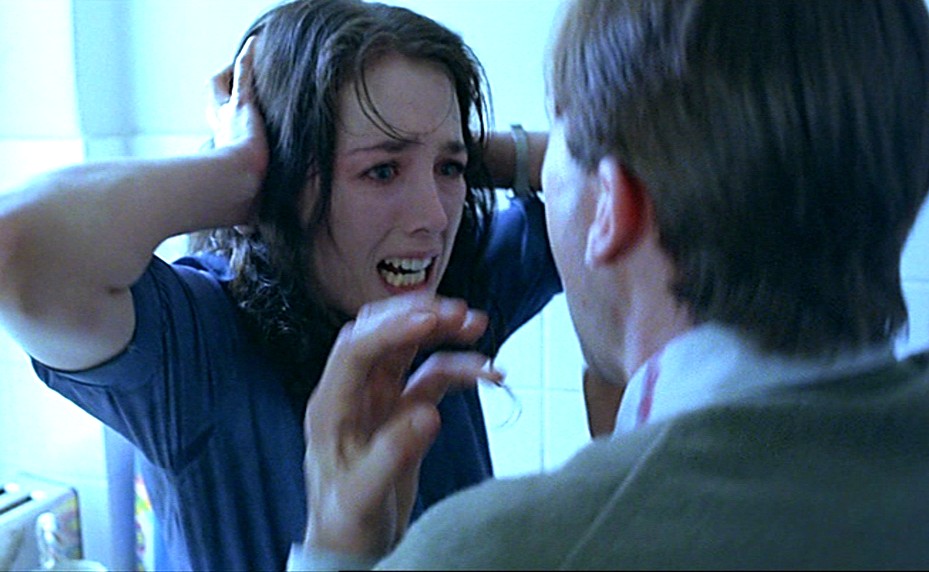
Isbelle Adjani and Sam Neill, Possession, Andrzej Zulawski
The monster, for Anna, could also represent the essence of sex, a fantasy of absolute fulfillment that no human could ever match. He might be the only ‘man’ Anna could permanently reduce to the body alone. Consider, in this regard, these remarks by Jan Kott: The paradox and sadness of eroticism consists in the fact that its absolute fulfillment is not possible. Testing is possible only during the act itself. To possess means just that. But the moment the act is over, the partner and his/her body become separate again. The body is a stranger again, it exists for itself and not for me. The partner, real and created, the partner of the consummated act and the partner of imagination, becomes ambiguous again. He/she has to be tested again. And testing is possible only through a new act, through another appeal to the body. For the body is an essence and there is no other essence apart from the body. But the reduction to essence is possible only for a fleeting moment. The partner escapes again and cannot be permanently reduced to the body alone. This is probably the reason for the failure of every passion, and possibly also for the failure of the phenomenon we call love.
(From Jan Kott, ‘A Short Treatise on Eroticism’, in The Memory of the Body, 1992, pp. 74-75)
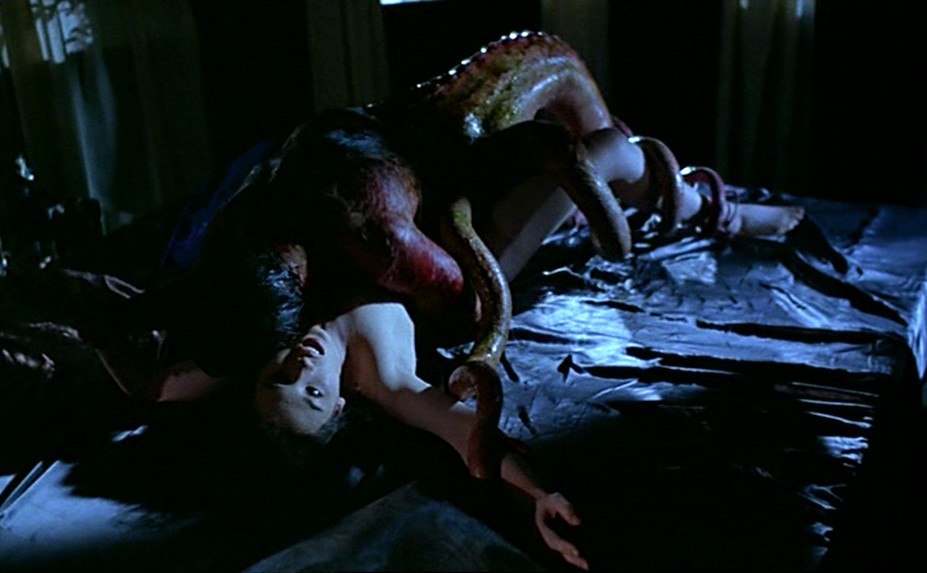
Anna making love with the ‘octopus’, Possession, Andrzej Zulawski
How to render convulsive beauty, how to transform desolation into triumph? Adjani’s answer is: via what comes naturally to me, via what others call the ‘theatre of cruelty’. And that is certainly why Zulawski chose her: her ‘marque d’actrice’ is the way her body/voice combines primitivism with refinement, the violence of passion with the finesse of lucidity. Zulawski, in his audio commentary on the German edition of the DVD, says ‘the actor becomes vulnerable, loveable, because they don’t know the source of what they do’. In the Film Comment interview, he says of actors: ‘You do it well, you do it right, you pay a heavy price’. And indeed Adjani, after seeing Possession for the first time (she didn’t look at the rushes) told Zulawski: ‘Your camera had no right to look there where it had insinuated itself’ (L’Express).
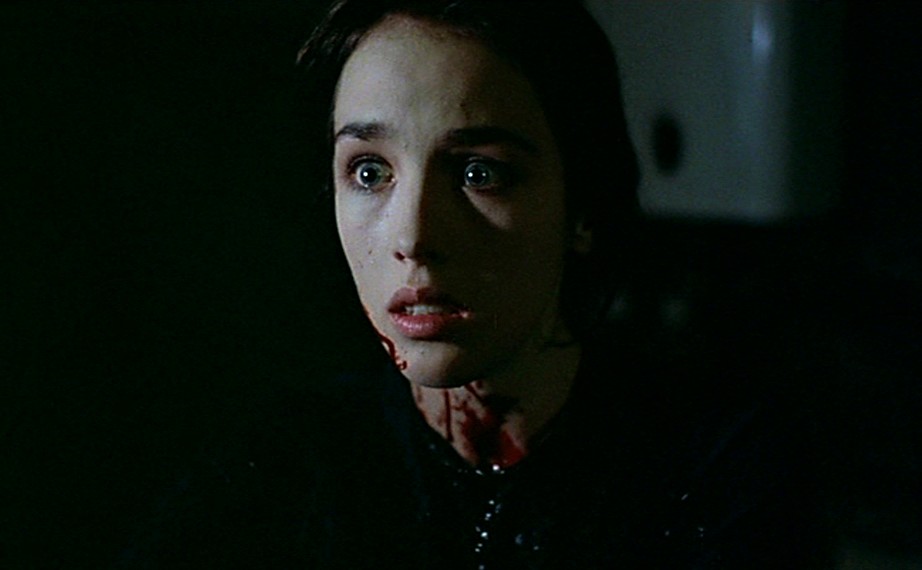
Isbelle Adjani, Possession, Andrzej Zulawski
Be that as it may, Adjani’s acting in Possession—shamanic, visceral, voodoo—is a landmark of world cinema, and one can only be grateful to her—a thousand thanks!—for the generosity of her performance. She makes of her body an axis mundi, a ladder linking heaven, earth and underworld; in transporting us to other realms, she makes our being more expansive. The way she simultaneously plays predator and prey, hunter and hunted, is terrifying and exalting. The way she incarnates the feminine, at once vulnerable and virile, is touching. Like a musician alternating discord and resolution, she is supreme in veering from seduction to attack. She is literally fascinating: she holds us spellbound. In wrestling with her demons, she subjugates us: we recognize that the otherness we fear is not outside us, but within. I, for one, find that exhilarating.
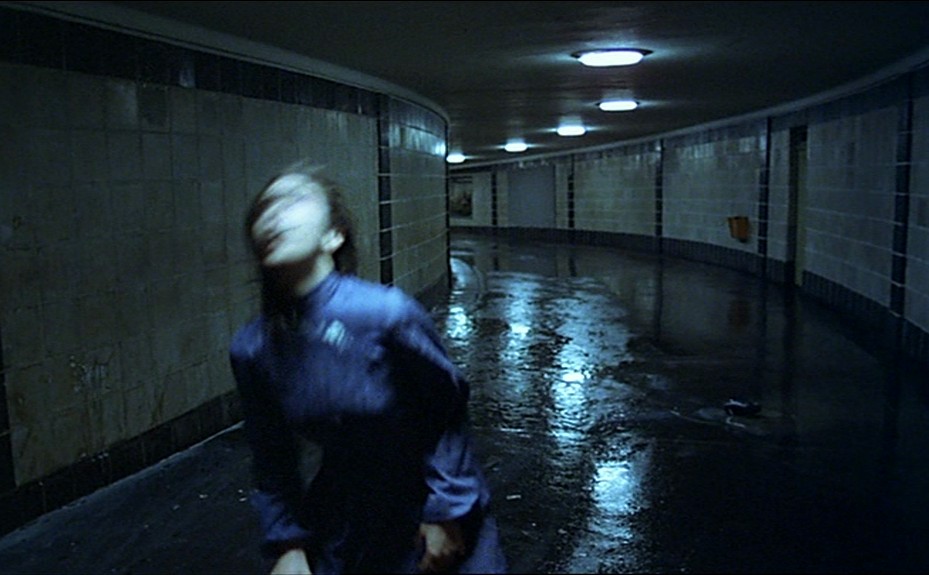
Isbelle Adjani, Possession, Andrzej Zulawski
MARA, MARIETTA: A LOVE STORY IN 77 BEDROOMS
A literary novel by Richard Jonathan
ZULAWSKI’S ‘POSSESSION’ IN ‘THE WORLD OF MARA MARIETTA’
CLICK OR TAP THE IMAGE TO GO TO THE PAGE
FILM ACTRESSES & GLOBAL CLASSICS IN THE MARA MARIETTA CULTURE BLOG
CLICK OR TAP ON THE IMAGE TO GO TO THE CORRESPONDING PAGE
By Richard Jonathan | © Mara Marietta Culture Blog, 2020 | All rights reserved
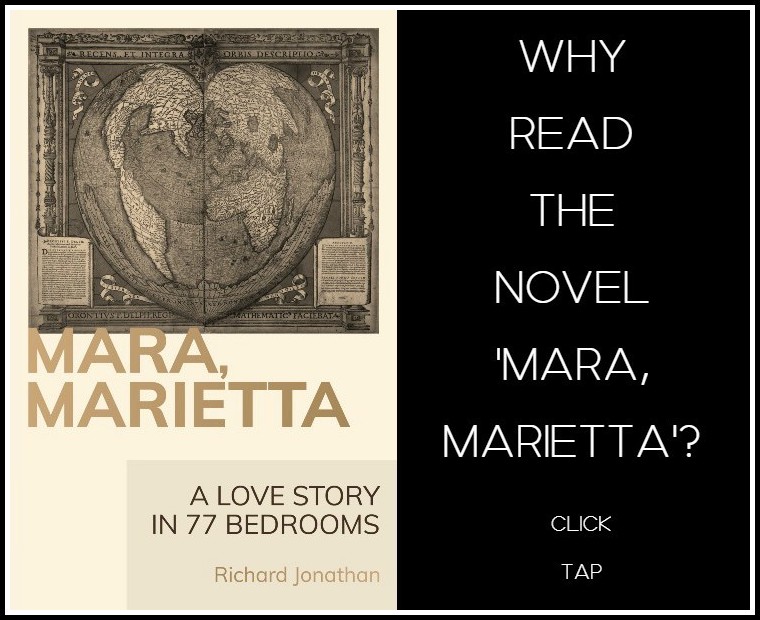
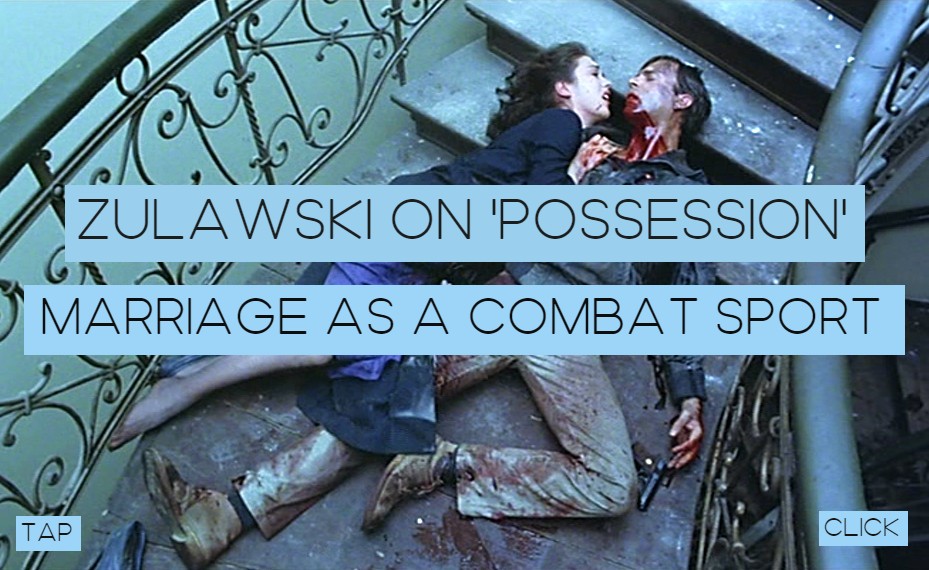

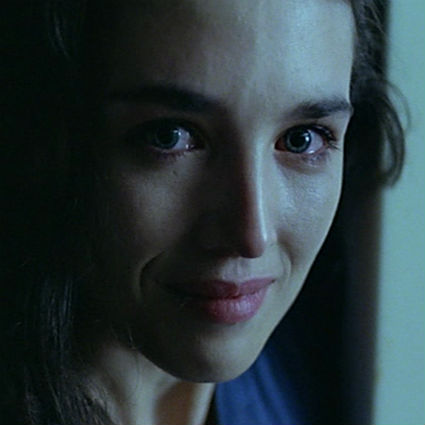
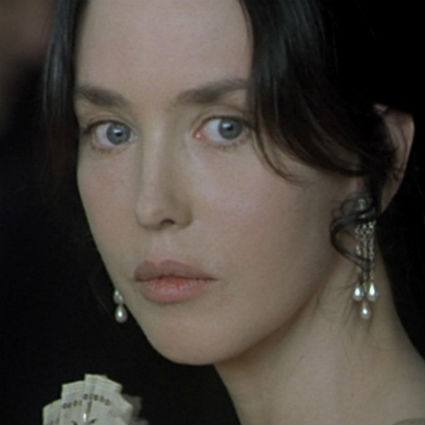
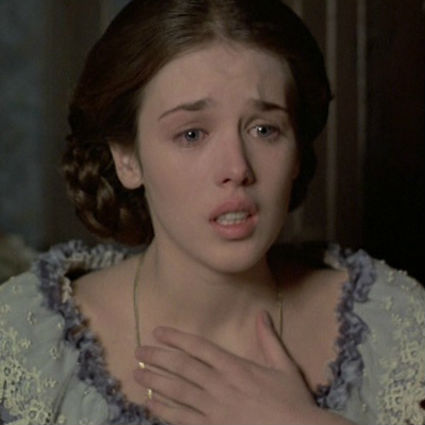
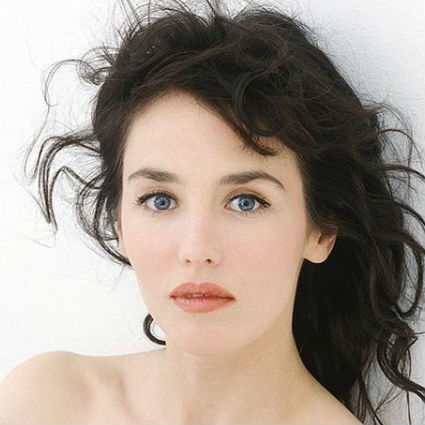
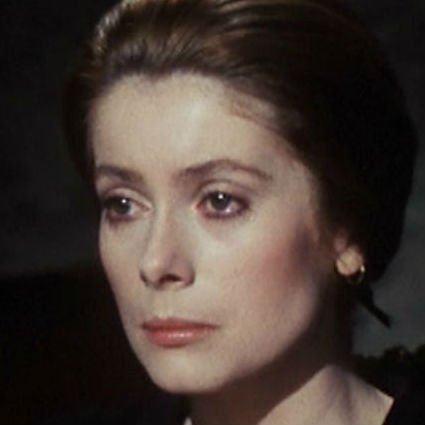
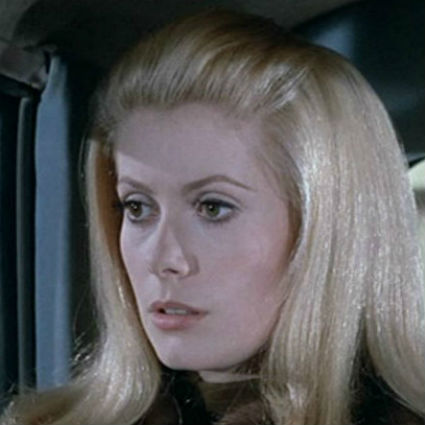
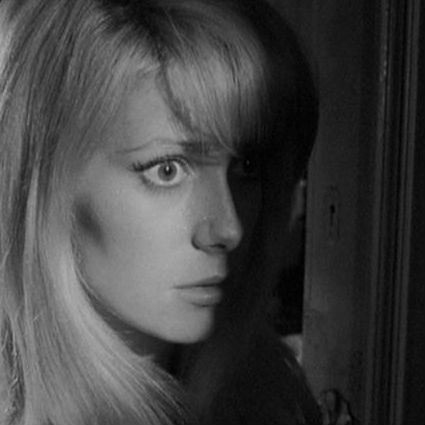
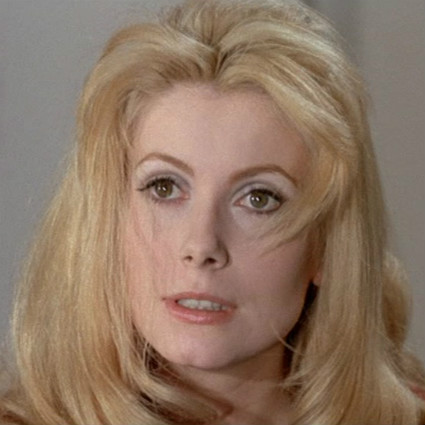
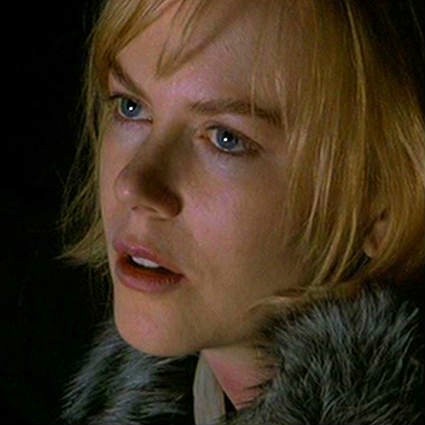
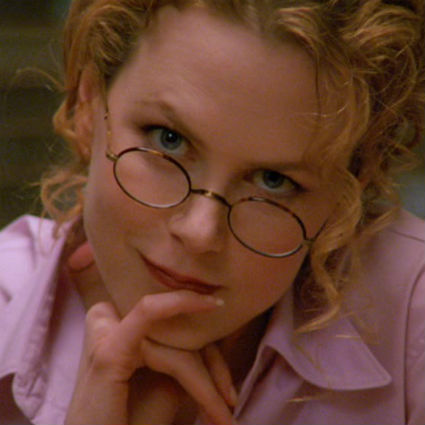
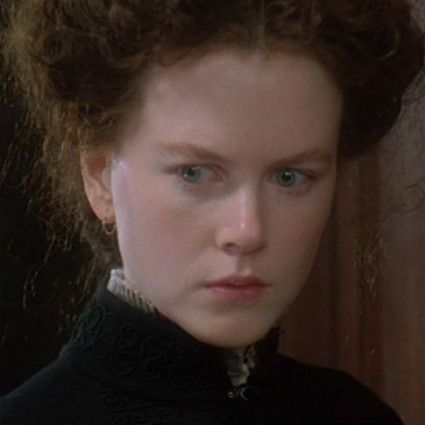
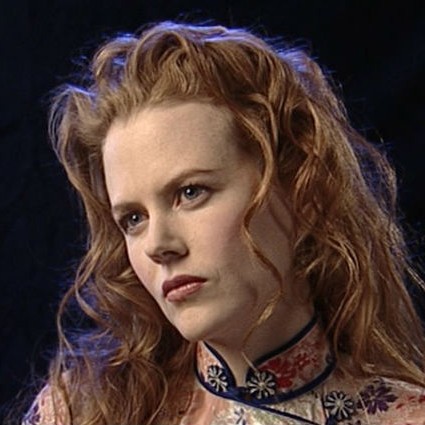
Comments